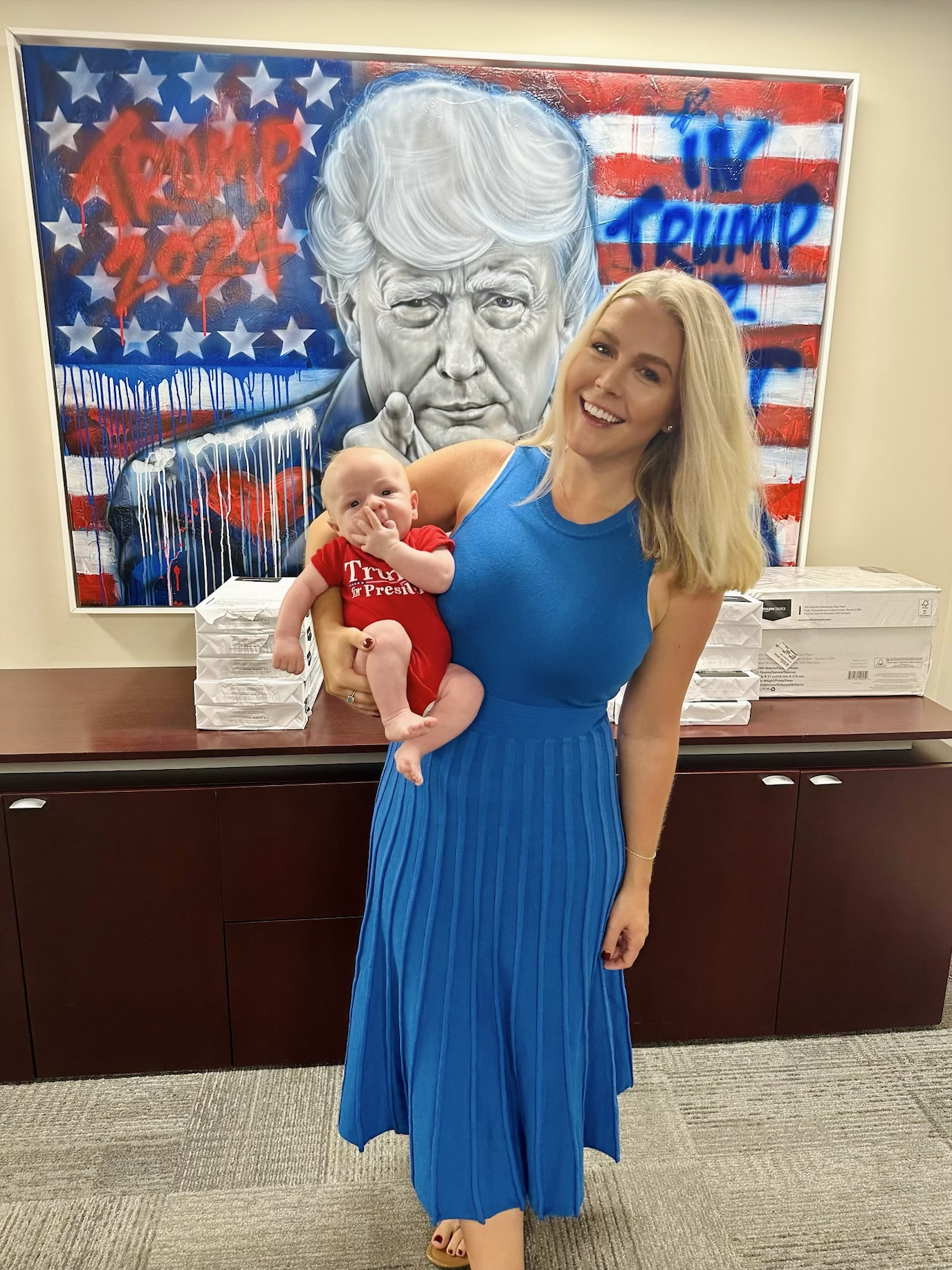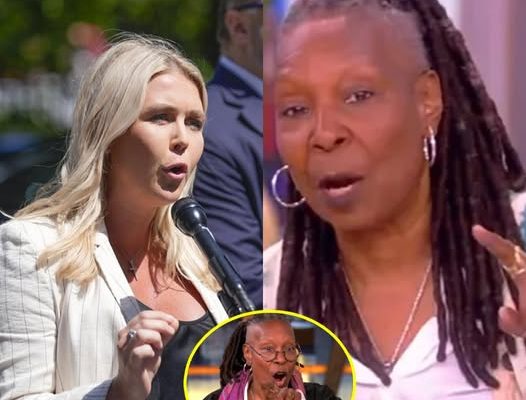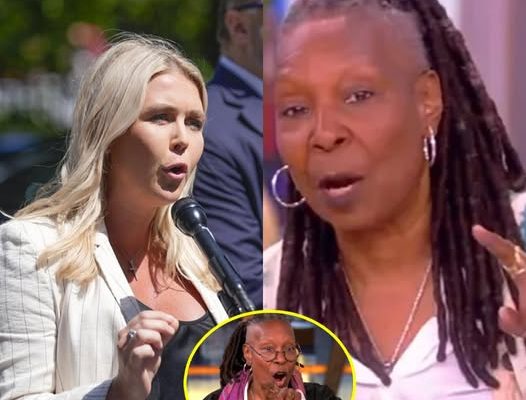🎬Karoline Leavitt humorously took aim at Whoopi Goldberg and “The View” during a live TV appearance, leaving audiences buzzing. Critics claim Goldberg is “well past her sell-by date,” sparking further debate over the show’s relevance.
🎬Karoline Leavitt humorously took aim at Whoopi Goldberg and “The View” during a live TV appearance, leaving audiences buzzing. Critics claim Goldberg is “well past her sell-by date,” sparking further debate over the show’s relevance.

NEW YORK, NY – A simmering feud between White House Press Secretary Karoline Leavitt and the hosts of ABC’s daytime talk show, “The View,” has erupted into a full-blown public clash, exposing stark ideological differences, accusations of misinformation, and highlighting the challenges the Democratic party faces in connecting with a broader electorate. The contentious exchanges, particularly with Whoopi Goldberg, have ignited a firestorm of debate online and in media circles, raising critical questions about media bias, accountability, and the future of political discourse.
The initial spark ignited during Leavitt’s press briefings, where her assertive responses and pointed rebuttals challenged what she and many others perceive as biased reporting and misrepresentations by mainstream media outlets, including “The View.” Critics have long accused the talk show of promoting a consistently left-leaning narrative, often at the expense of factual accuracy and balanced perspectives.
The tension reached a boiling point during recent segments of “The View” where the hosts addressed Leavitt’s pronouncements. According to observers, Leavitt’s sharp and direct retorts to the show’s criticisms have left Goldberg visibly flustered on several occasions, struggling to maintain control of the narrative. Video clips of these exchanges have gone viral, fueling the online debate and further amplifying the perception of a widening gulf between the show’s perspective and the sentiments of a significant portion of the public.

“This isn’t just about personality clashes; it’s about a fundamental disagreement on the role of media in shaping public opinion,” commented Dr. Eleanor Vance, a professor of media studies at Columbia University. “Leavitt’s approach, which is to aggressively confront what she sees as misinformation, is resonating with a segment of the population that feels underserved by traditional media outlets.”
The feud has also highlighted the challenges faced by established media personalities when confronted by new voices and alternative narratives. Leavitt’s rapid rise within the Republican political sphere and her willingness to directly challenge established media narratives have clearly ruffled feathers at “The View,” a show that has long enjoyed a position of unchallenged influence.
The social media reaction to Goldberg’s responses has been particularly telling. Many users have criticized her perceived emotional outbursts and alleged inability to effectively counter Leavitt’s arguments, accusing the show of resorting to personal attacks rather than engaging in substantive debate.
“The overwhelming sentiment online seems to be one of dissatisfaction with legacy media figures who appear out of touch with the concerns of everyday Americans,” says social media analyst David Chen. “People are increasingly demanding accountability from these platforms and holding them to a higher standard of journalistic integrity.”
The controversy surrounding the feud extends beyond personality clashes. Critics have questioned the level of genuine comedic value in the reactions of Goldberg and other “View” hosts to Leavitt’s pronouncements, suggesting a disconnect in comedic standards and a perceived lack of self-awareness. Accusations of misinformation in media have also been brought to the forefront, particularly regarding the qualifications and potential biases of those presenting news. This scrutiny raises critical questions about the standards expected of journalists in today’s highly polarized media environment.

Moreover, commentators like Rita Panahi and Megan Kelly have weighed in, further amplifying the criticism of “The View.” Panahi has characterized the show’s format as a cycle of exaggerated outrage designed to maintain relevance, while Kelly has described it as a “hot mess,” questioning how the show can sustain an audience while allegedly perpetuating falsehoods. These observations reflect a broader trend within the media landscape, where sensationalism increasingly overshadows truth, fostering a culture of misinformation and eroding public trust.
Even more significantly, a prominent left-leaning TV personality has reportedly started to publicly criticize the biased behavior of “The View,” highlighting what they perceive as a detrimental effect on constructive political discourse. This unprecedented critique from within the left-leaning media ecosystem suggests a growing awareness of the need for greater objectivity and a more nuanced approach to political commentary.
The escalating feud between Leavitt and “The View” serves as a microcosm of the broader challenges facing the Democratic party. The perception of elitism and a disconnect from the concerns of ordinary Americans, often associated with mainstream media narratives, is increasingly alienating potential voters. The ability to effectively counter this perception and engage in genuine dialogue with those holding differing viewpoints is crucial for the party’s future success.
The ongoing saga is far from over. As the 2024 election cycle heats up, the debate surrounding media bias, accountability, and the role of opinionated talk shows in shaping public discourse is likely to intensify. The clash between Karoline Leavitt and “The View” represents a pivotal moment in this ongoing struggle, forcing a much-needed examination of the media landscape and its impact on American politics. The outcome will undoubtedly shape the way political information is disseminated and consumed in the years to come.




